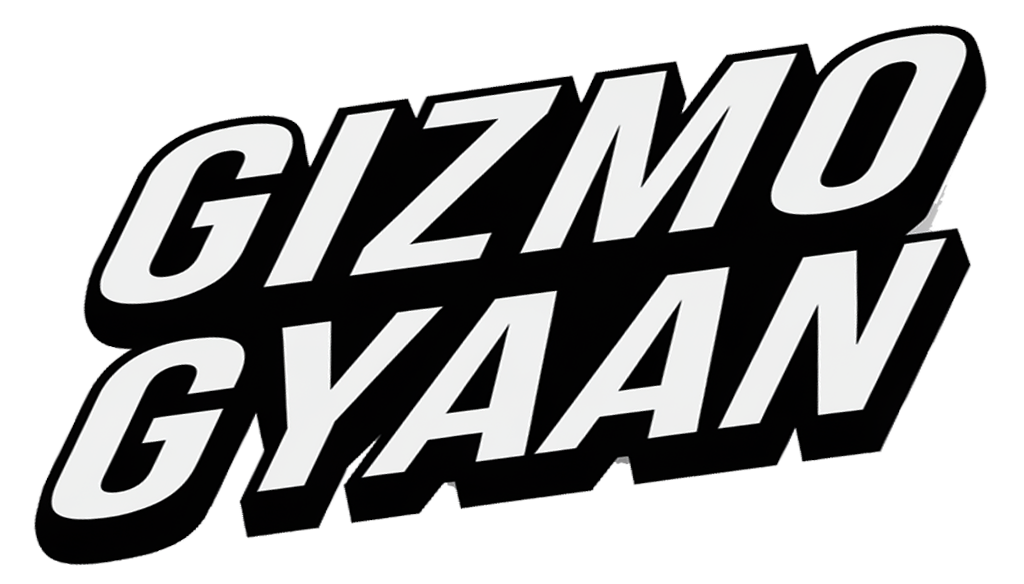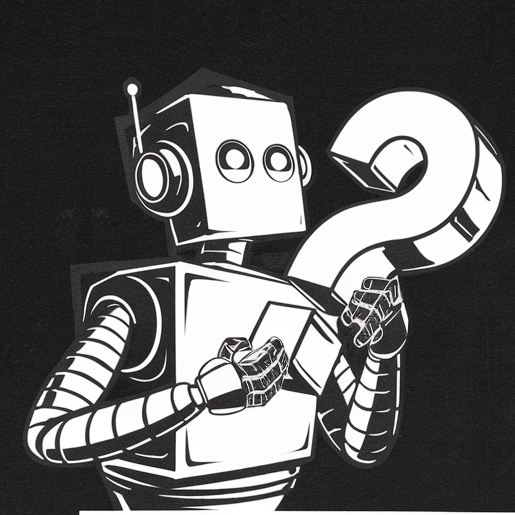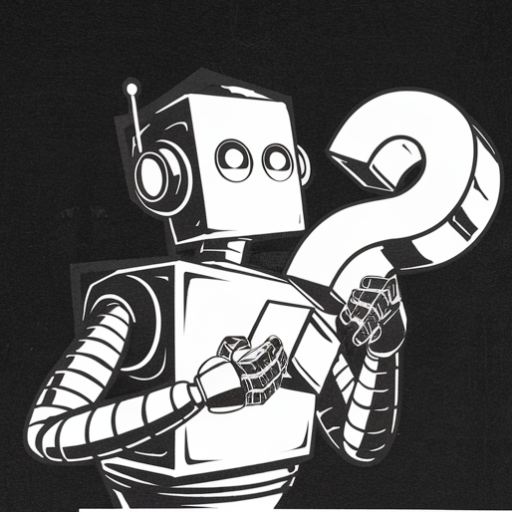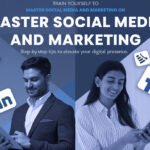In the ever-evolving world of marketing, technology continues to redefine how brands interact with their audiences. One of the most groundbreaking innovations is Generative AI, a powerful tool that creates unique content, designs, and ideas with minimal human intervention. But what exactly is Generative AI, and how is it transforming the marketing landscape? Let’s dive in.
What is Generative AI?
Generative AI refers to artificial intelligence models designed to create new, original content such as text, images, videos, music, and even code. Unlike traditional AI, which focuses on analyzing data and making predictions, generative AI uses advanced algorithms, like Generative Adversarial Networks (GANs) or Transformer models (e.g., GPT, DALL-E), to generate creative outputs from scratch.
How Generative AI is Transforming Marketing
Generative AI has become a game-changer in marketing, enabling brands to deliver personalized and engaging experiences. Here are some key ways it is making an impact:
1. Personalized Content Creation
- Generative AI can create highly customized marketing messages, blogs, and product descriptions tailored to individual users’ preferences and behavior.
- Example: AI tools like Jasper and Writesonic help marketers generate SEO-optimized blog posts in minutes.
2. Dynamic Visual Content
- AI can generate eye-catching images, videos, and infographics that resonate with target audiences.
- Example: Tools like Canva’s Magic Studio or DALL-E allow marketers to create unique visual assets quickly.
3. Ad Campaign Optimization
- Generative AI analyzes user data to create personalized ad copies, increasing engagement and ROI.
- Example: Platforms like Copy.ai generate multiple ad variations for A/B testing.
4. Chatbots and Conversational Marketing
- Generative AI powers chatbots and virtual assistants to handle customer queries, recommend products, and enhance user engagement.
- Example: ChatGPT or Zendesk AI provides instant, human-like responses to customer inquiries.
5. Social Media Automation
- AI tools schedule and generate social media posts that align with brand voice and trends.
- Example: Tools like Hootsuite and Buffer leverage AI to create and manage content calendars.
6. Product and Service Design
- Generative AI is even being used to conceptualize new products or services by analyzing market trends and customer feedback.
Benefits of Generative AI in Marketing
- Efficiency: Saves time and resources by automating repetitive tasks.
- Cost-Effective: Reduces the need for large marketing teams or outsourcing content creation.
- Scalability: Easily handles large-scale projects, such as generating thousands of personalized emails or product descriptions.
- Creativity Boost: Offers unique ideas and perspectives that may not occur to human teams.
- Data-Driven Insights: Leverages data to create content that aligns with user preferences.
Challenges of Using Generative AI in Marketing
- Quality Control: AI-generated content may require human editing to ensure relevance and tone.
- Ethical Concerns: Using AI for deepfakes or overly personalized content can raise privacy and ethical issues.
- Dependence on Data: The quality of AI output depends on the data it is trained on.
- Originality Concerns: Risk of producing generic or repetitive content.
Popular Generative AI Tools for Marketers
Here’s a quick roundup of top Generative AI tools making waves in marketing:
- Jasper.ai: AI-powered content generator for blogs, ads, and social media.
- DALL-E: Image creation tool that transforms text prompts into visuals.
- Writesonic: Generates high-quality, SEO-friendly content.
- Canva Magic Studio: Simplifies visual content creation with AI features.
- Copy.ai: Focused on generating engaging ad copies and email campaigns.
- ChatGPT: Creates conversational responses for chatbots and customer interactions.
Future of Generative AI in Marketing
As AI technology advances, its applications in marketing will expand. We can expect:
- Hyper-Personalization: Deeper customer insights leading to more tailored marketing experiences.
- Voice and Video Marketing: AI-generated voices and videos will dominate campaigns.
- Predictive Marketing: AI will predict trends and customer behaviors to optimize strategies.
- Seamless Integration: AI tools will integrate more effectively with existing marketing platforms.
FAQs About Generative AI in Marketing
1. Is generative AI suitable for small businesses?
Absolutely! Many tools are cost-effective and scalable, making them ideal for small businesses looking to enhance their marketing efforts.
2. Can generative AI completely replace marketers?
No, generative AI is a tool to assist marketers, not replace them. Human creativity and strategy are still essential.
3. What skills do marketers need to use generative AI effectively?
Marketers should focus on data analysis, prompt engineering (for AI tools), and content curation skills.
Conclusion
Generative AI is revolutionizing marketing by making content creation faster, smarter, and more engaging. While it has its challenges, the potential to transform how brands connect with audiences is undeniable. Embracing these tools now will ensure you stay ahead in the ever-competitive marketing landscape.
What are your thoughts on Generative AI in marketing? Have you tried any of the tools mentioned? Share your experiences in the comments below









